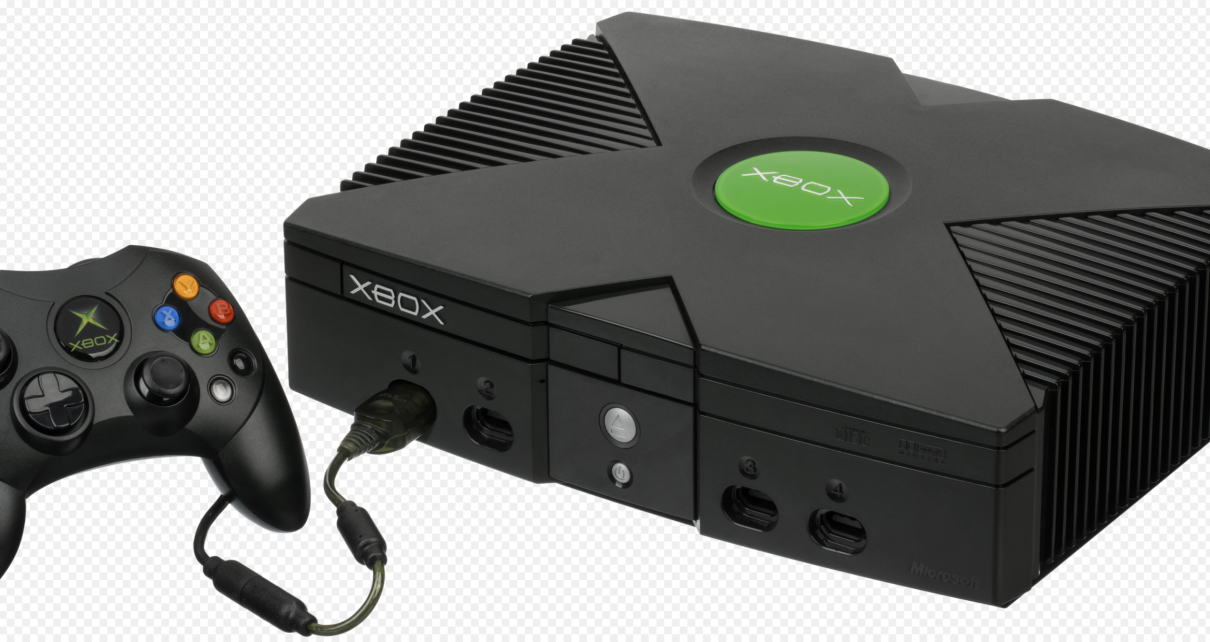
Microsoft Xbox, sixth-generation gaming console. (Photo: Evan-Amos' public domain)
Judge Corley’s FTC v. Microsoft Decision Protected Golden State Workers
California is home to America’s largest and most lucrative gaming industry
By Sue Ghosh-Stricklett, July 13, 2023 11:50 am
Announced in January 2022, the Microsoft-Activision Blizzard merger would bring Activision’s extensive gaming catalog to Xbox — two American companies with operations in California.
California is home to America’s largest and most lucrative gaming industry. This industry currently provides nearly $52 billion in annual economic output and over 218,000 in state jobs.
Activision Blizzard is pivotal to further expansion of the gaming industry in the state. With popular classics like Call of Duty, Candy Crush, and World of Warcraft to its name, the company is one of the leading game publishers in the United States. The Microsoft-Activision Blizzard merger promises to accelerate job growth in California, significantly contributing to the state’s GDP.
As a part of the merger plans, Microsoft’s proposed licensing of Activision games to its competitors, such as Nintendo and Sony, will further expand the supportive community of innovators and start-ups, who are the secret sauce to California’s economic growth. Recognizing this very fact, the European Union as well as a number of other nations and government bodies have approved the merger as an anticipated financial boon to their local economy.
The Communications Workers of America (CWA), a major labor union, is also supporting the Microsoft-Activision Blizzard merger because “Microsoft has entered an agreement with CWA to ensure the workers of Activision Blizzard have a clear path to collective bargaining” — giving its employees “a seat at the table and [ensuring] that the acquisition of Activision Blizzard benefits the company’s workers and the broader video game labor market.”
Predatory business tactics by foreign competitors, generally from countries with a closed domestic market, hinders California’s gaming industry from reaching its full potential. Unfair business practices that are pervasive further harm California’s workers and innovators alike. The Microsoft-Activision Blizzard merger will help rectify these imbalances by strengthening the gaming industry’s position in U.S. export markets in countries where antitrust laws are weak or are rarely enforced.
A case in point is Japan-based Sony PlayStation, a global behemoth that regularly exercises its monopoly power to prohibit publisher licensing deals with Microsoft Xbox.
A bipartisan group of U.S. lawmakers have urged the Biden Administration to investigate Sony “of discriminatory trade practice that could violate the spirit of the U.S.-Japan Digital Trade Agreement.” Pointing to Sony PlayStation’s control of 98% of “high-end console market” in Japan, lawmakers have asserted that the “Japanese government’s effective policy of non-prosecution when it comes to Sony appears to be a serious barrier to U.S. exports, with real impacts for Microsoft and the many U.S. game developers and publishers that sell globally but see their earnings in Japan depressed by these practices.”
Recognizing the importance of bilateral economic relations, Japan and California recently signed a Memorandum of Cooperation, which according to Governor Gavin Newsom, will “kickstart new investments and trade opportunities between California and Japanese businesses.” However, if Japan cannot be counted on to meet its obligations under the U.S.-Japan Digital Trade Agreement, then any other such agreements have a scant chance of Japanese compliance.
The Northern District Court of California ruling favoring the Microsoft-Activision Blizzard merger to move forward will help ensure that Japan enforces its agreements with the U.S. and California. Further delay caused by an FTC challenge to the ruling will not only imperil the closing of the Microsoft-Activision Blizzard merger, but also risk the merger’s considerable benefits.
The court evidence records in FTC v. Microsoft are clear: the Microsoft-Activision Blizzard merger will benefit California’s workers and the state treasury, support competition and growth across countless other industry sectors, and expand California’s export market, while ensuring Japanese compliance with its trade agreements, both with the United States and California.




